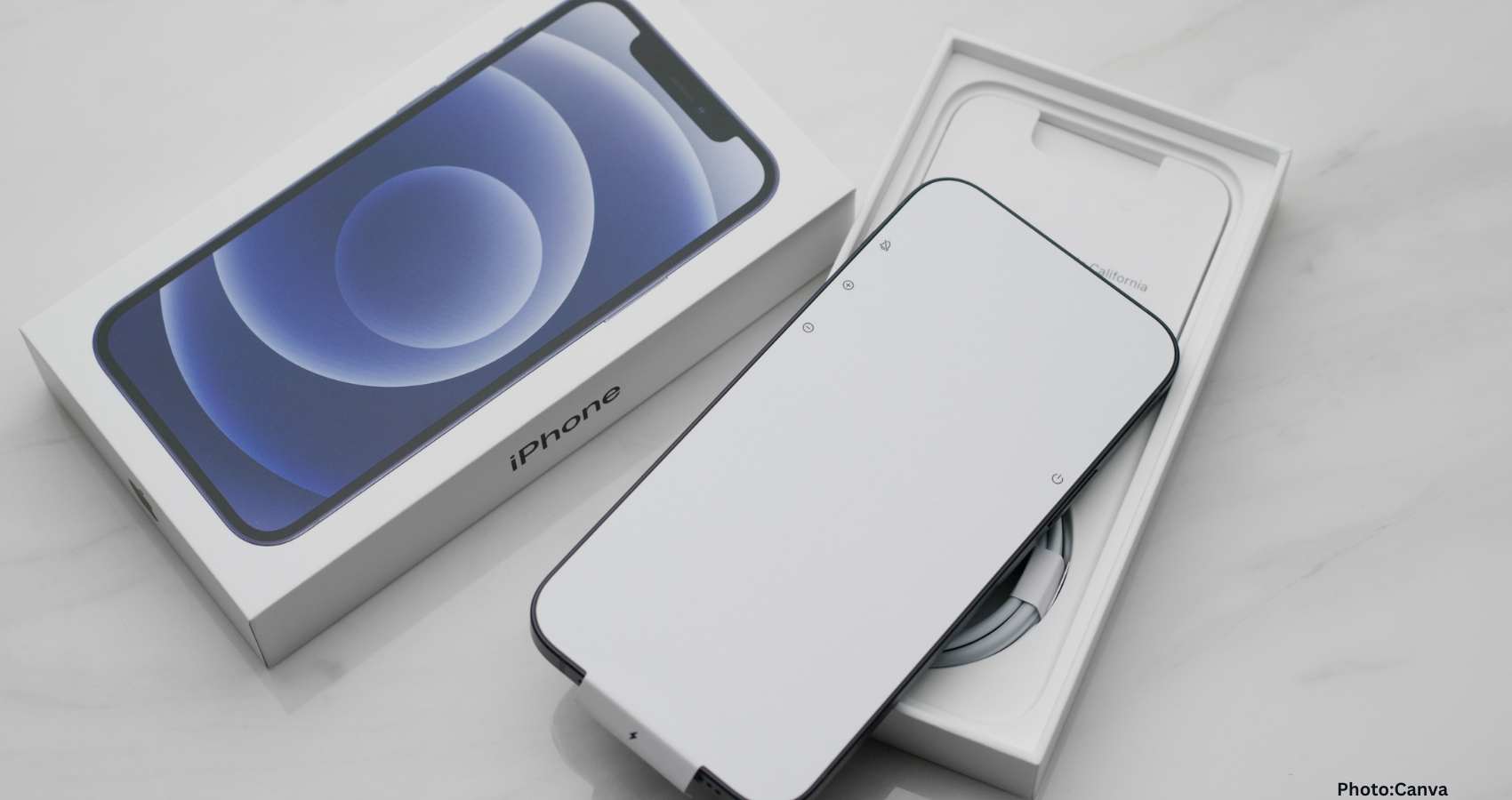New research indicates that iPhone users are more susceptible to online scams due to overconfidence in Apple’s security, making them easier targets for cybercriminals compared to Android users.
Recent findings from a survey conducted by Malwarebytes, a global cybersecurity firm, reveal that iPhone users are more likely to fall victim to online scams than their Android counterparts. This vulnerability stems not from the devices themselves, but from the habits and mindsets of their users.
The survey, which included responses from 1,300 adults across the United States, United Kingdom, Austria, Germany, and Switzerland, highlights a concerning trend: many iPhone owners exhibit a blind trust in Apple’s security measures. This misplaced confidence makes them prime targets for scammers who exploit such overconfidence.
For years, Apple has cultivated a reputation for superior security, leading many iPhone users to believe that their devices inherently shield them from online threats. However, this study underscores a crucial reality: cybercriminals are less concerned about the brand of phone you own and more focused on how easily they can deceive you. Currently, many iPhone users are letting their guard down, making them more vulnerable to scams.
To enhance online safety, iPhone users must adopt smarter habits. Here are some essential strategies to keep scammers at bay:
First and foremost, if something seems suspicious—whether it’s a text, link, or offer—take a moment to pause. Scammers often rely on urgency to trick individuals into acting quickly without thinking.
It is also crucial to avoid clicking on links or QR codes from unknown sources. Instead, visit the company’s official website directly. Additionally, using robust antivirus software can help block malicious links before they reach your device. This software can also alert you to phishing emails and ransomware threats, safeguarding your personal information and digital assets.
Regular updates are another key aspect of maintaining security. Apple frequently releases updates that include security patches designed to combat new threats. Ensuring that your iPhone is running the latest version of iOS and that all apps are up to date can significantly reduce the risk of hackers exploiting outdated vulnerabilities.
Using the same password across multiple accounts is a common mistake that can make you an easy target for hackers. It is advisable to create unique passwords for each account. A password manager can be a valuable tool, securely storing and generating complex passwords, thereby minimizing the risk of password reuse.
Furthermore, it is wise to check if your email has been compromised in past data breaches. Many password managers now include built-in breach scanners that can alert you if your email address or passwords have appeared in known leaks. If you find a match, it is imperative to change any reused passwords and secure those accounts with new, unique credentials.
iPhone users often share personal information online, which can be exploited by scammers. To mitigate this risk, consider using a personal data removal service that helps erase your information from data broker sites and other platforms that may fuel targeted scams. While no service can guarantee complete erasure, these tools can make it significantly harder for criminals to connect the dots and deceive you.
Turning on two-factor authentication (2FA) is another effective measure to secure your accounts. This feature adds an extra layer of protection by requiring a code each time someone attempts to log in, even if they have your password.
Additionally, be cautious about sharing your phone number or email address just to receive discounts or enter giveaways. Scammers often use this information to target individuals later with spam, phishing attempts, and identity theft schemes. Instead, consider creating an alias email address for sign-ups and promotions to keep your primary inbox private.
While Apple provides built-in security features, it is essential for iPhone users to remain vigilant. Android users appear to be more proactive in their security measures, but the reality is that everyone is vulnerable to scams. True security comes from user habits rather than the hardware itself.
The bottom line is clear: iPhone users are falling for scams more frequently because of their excessive trust in Apple’s security and a lack of protective measures. The solution is straightforward: exercise caution, maintain skepticism, and implement additional security measures. In the realm of online scams, it is not the device that determines safety; it is the user’s approach to online interactions.
Do you still believe that owning an Apple device guarantees safety, or are you ready to acknowledge that scammers can outsmart any phone? Share your thoughts with us at CyberGuy.com/Contact.
Source: Original article

